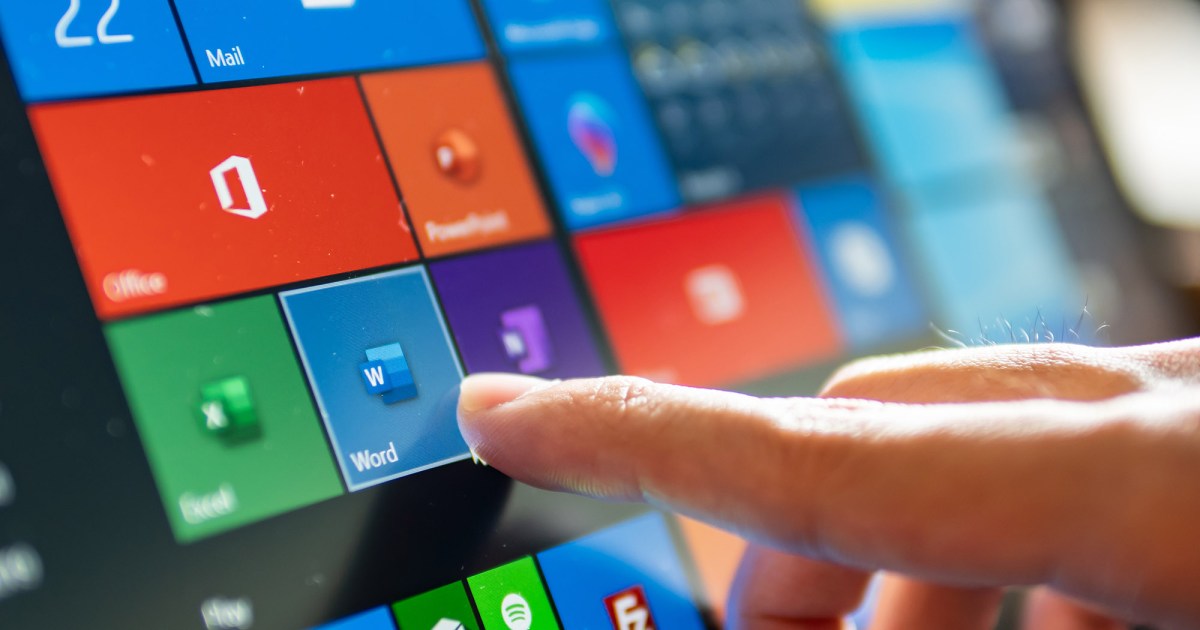Microsoft Deprecates WordPad, Plans for Future Removal
In a recent announcement, Microsoft revealed that it is bidding farewell to WordPad, its long-supported rich text application. As of September 1, the software will no longer receive any updates, joining the list of deprecated features in the Windows operating system.
Microsoft clarified the distinction between deprecation and removal, explaining that deprecation occurs when a feature reaches the end of its life cycle and is no longer being actively developed, while removal takes place after deprecation when the feature is eliminated entirely.
Though WordPad is expected to be eliminated in a future Windows update, it has not yet reached that point. With the anticipated release of Windows 12 in 2024, WordPad’s final end-of-life may coincide with the launch. However, Microsoft has typically displayed reluctance in quickly disposing of its programs.
WordPad, a free rich text editor, may have become a forgotten entity among many modern Windows users. Recognizing this, Microsoft suggested some alternatives in its announcement. Users seeking rich text editing capabilities, including .doc and .rtf formats, are encouraged to opt for the subscription-based Microsoft Word. Meanwhile, plain text editing, such as .txt files, can be conveniently done using Windows Notepad.
Concurrently with WordPad’s deprecation, Microsoft announced updates to the Notepad app. These enhancements include the introduction of autosave and tab restoration features. Notepad, a plain text editor, had its first significant update in years in 2018 and underwent further improvements during the Windows 11 update, which integrated tabs into its interface.
Microsoft’s path with retiring programs, such as the Internet Explorer browser, exhibits a similar trajectory. The browser took eight years to be phased out and now persists in the form of the “Reload in IE mode” functionality within the Microsoft Edge browser. This mode enables users to view websites and applications that are based on legacy scripts and code in a more compatible manner.
Looking ahead, Microsoft intends to support IE mode until at least 2029. Consequently, the fundamental technology behind Internet Explorer, including the MSHTML and Trident engine, will continue to be available on the Windows platform for the foreseeable future.

